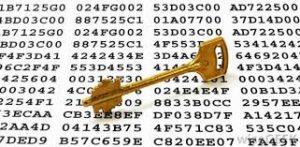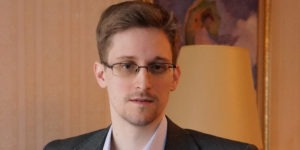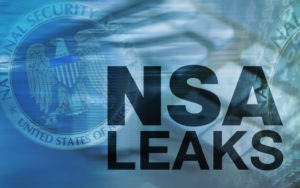Wi-Fi has revolutionized the way we communicate, play and work and public Wi-Fi networks are on the increase. But, if you are not careful about using public WiFi networks strangers can snoop on your e-mails and social network conversations or even hack into your credit card account and bank account. Follow the Internet security safety precautions that are listed below and you’ll be able to surf more securely on public Wi-Fi networks.
Internet Security Precautions:
 1. Don’t Share Anything
1. Don’t Share Anything
Sharing files and devices in your home WiFi network is safe, but it’s a liability on public WiFi networks. If you don’t have Internet security password protection on all the files in your computer, literally anybody in the public WiFi network you’re connected to can be able to browse through your device.
2. Never Disable Your Firewall
The firewall will help prevent other people or malware on the wireless network from connecting to your computer. Most operating systems have built-in personal firewalls and you can also install a third party firewall from different providers.
3. Know What Wi-Fi Network You Want to Use
You must always know the name of the Wi-Fi network that you’re planning to use and take the necessary Internet security precautions. Hackers can easily set up “fake” Wi-Fi networks in public spaces. These WiFi networks go directly to their hardware, and this gives them the opportunity to browse all your information freely.
4. Only Use HTTPS Sites
When using a public WiFi network, send personal information or log in only to sites that you know are fully encrypted. Look for HTTPS in the web address, which stands for – (HTTP over SSL or HTTP Secure) so that you can find fully encrypted websites. Additionally, always ensure that it appears before providing potentially compromising information. The same goes for e-mail, only this time, search for SSL. When you’re using a desktop email client, you should always make sure that it has SSL encryption in the client’s settings.
5. Consider Using a VPN
 A VPN (Virtual Private Network) ensures your Internet security by basically creating a tunnel between your computer, tablet or smartphone and a third party server. All the data that goes through this secure tunnel is encrypted and as a result hidden from the WiFi provider and anybody trying to sniff the Wi-Fi network.
A VPN (Virtual Private Network) ensures your Internet security by basically creating a tunnel between your computer, tablet or smartphone and a third party server. All the data that goes through this secure tunnel is encrypted and as a result hidden from the WiFi provider and anybody trying to sniff the Wi-Fi network.



